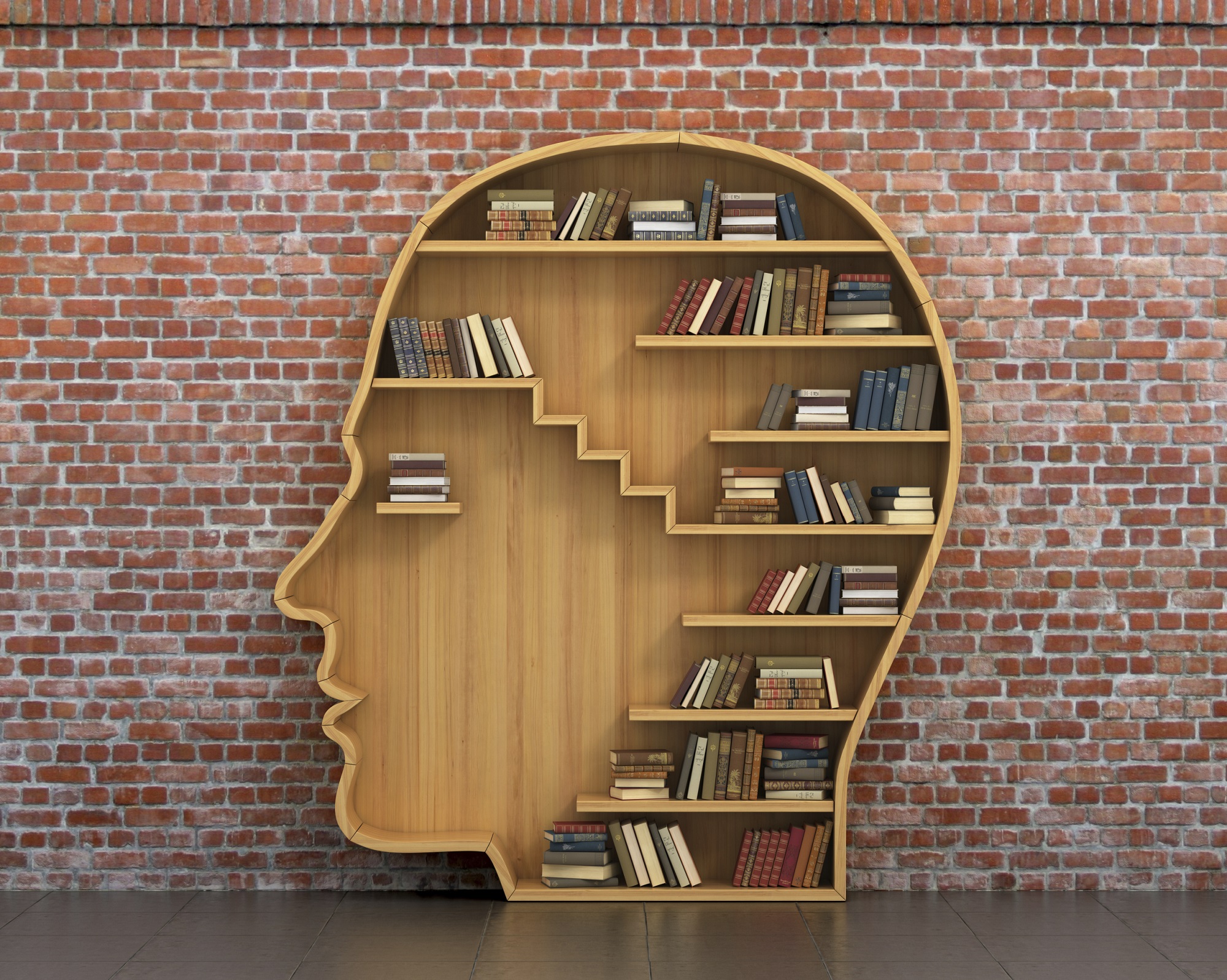
posted by Simon Kemp
Modern Languages at university form part of a family of subjects, along with history, English, philosophy and several others, known as the Humanities. This week’s Good Reason to study modern languages is because it’s a humanities subject, and because all the humanities are important. (You can find the other reasons by clicking the ‘100 Reasons’ tag at the bottom of this post.) The American writer and academic, Francine Prose, makes an eloquent case for studying the humanities in a recent article, and suggests why these subjects might be more important than ever in today’s world. Here’s an extract:
Those of us who teach and study are aware of what these areas of learning provide: the ability to think critically and independently; to tolerate ambiguity; to see both sides of an issue; to look beneath the surface of what we are being told; to appreciate the ways in which language can help us understand one another more clearly and profoundly – or, alternately, how language can conceal and misrepresent. They help us learn how to think, and they equip us to live in – to sustain – a democracy.
Studying the classics and philosophy teaches students where we come from, and how our modes of reasoning have evolved over time. Learning foreign languages, and about other cultures, enables students to understand how other societies resemble or differ from our own. Is it entirely paranoid to wonder if these subjects are under attack because they enable students to think in ways that are more complex than the reductive simplifications so congenial to our current political and corporate discourse?
Courses in the humanities are as formative and beneficial as the classes that will replace them. Instead of Shakespeare or French, there will be (perhaps there already are) college classes in how to trim corporate spending – courses that instruct us to eliminate “frivolous” programs of study that might actually teach students to think.

Good advice. I have one friend who is learning several languages at the moment. In addition, he already knows 4 languages. For me, it is not clear how he does it. But in the depth of my heart, I understand that this is just knowledge. We process a lot of information every day. So are capable of learning foreign languages.
Absolutely, it just takes practice. Our brains are capable of so much, and the lovely thing about languages is that they’re a fantastic way of stretching the brain, keeping it agile. Also, the more languages you know, the easier it is to pick up new ones. It just takes a bit of courage to take the first step in a new language.